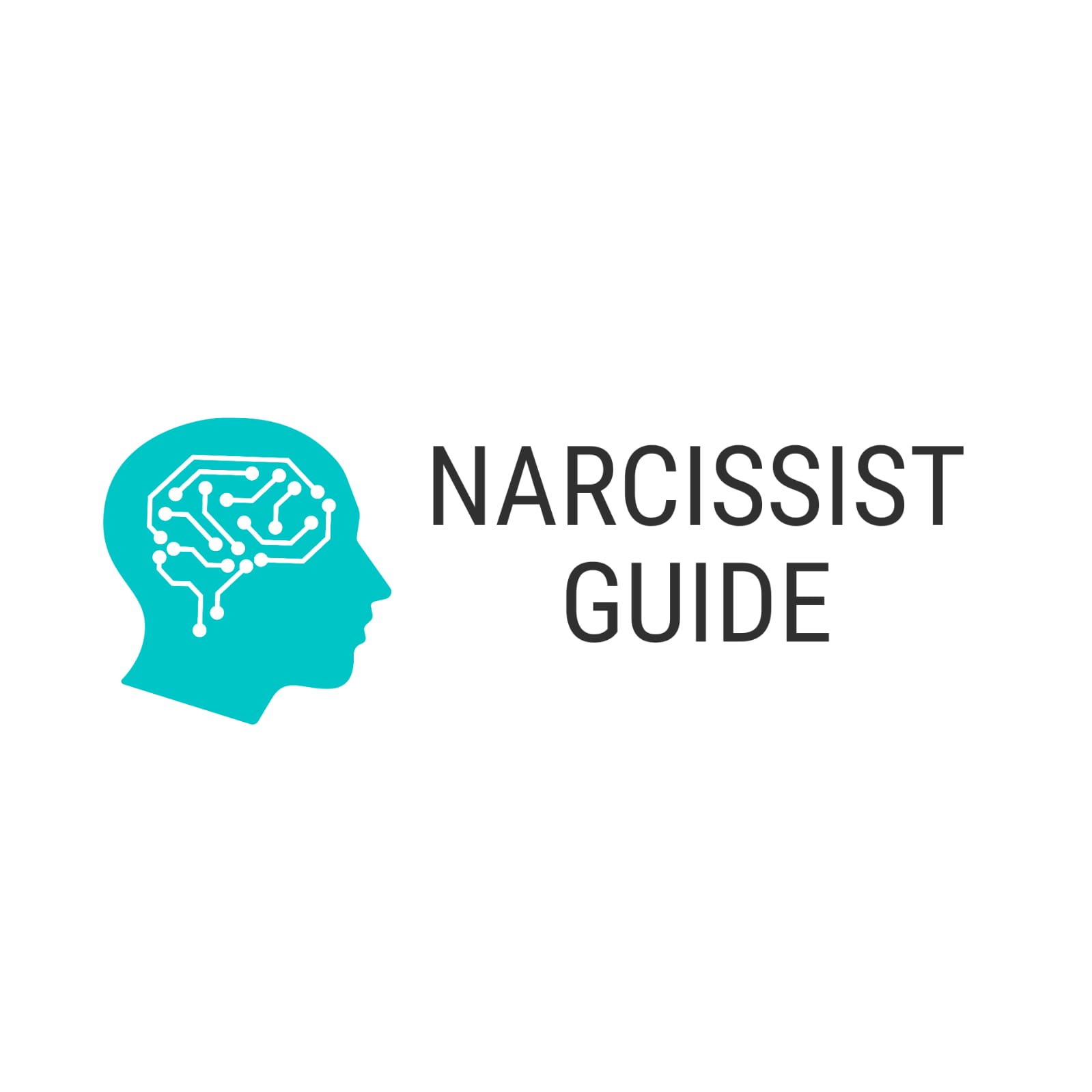What Are Covert Narcissists? (Guide) In 2024
Narcissism is a commonly discussed personality trait, often associated with arrogance, entitlement, and a craving for attention. However, not all narcissists fit the typical stereotype.
Covert narcissists are a unique subtype whose traits are often more subtle and harder to identify.
What Are Covert Narcissists? Let’s delve into what covert narcissism is, how to recognize a covert narcissist, and why understanding this personality type can help in managing personal relationships.

Understanding Narcissism: Overt vs. Covert
Before diving into what makes a covert narcissist, it’s important to understand the general concept of narcissism.
Narcissistic Personality Disorder (NPD) is a recognized mental health condition characterized by traits like a grandiose sense of self-importance, a lack of empathy, and a need for admiration. Narcissists can be broadly divided into two categories:
1. Overt Narcissism
- Characteristics: Overt narcissists are typically easier to identify. They are usually extroverted, boastful, and appear highly self-confident. Their narcissistic traits are more openly displayed, which makes them recognizable in social and personal contexts.
- Behavioral Traits: Often attention-seeking, overt narcissists do not shy away from openly pursuing admiration and asserting dominance in various situations.
2. Covert Narcissism
- Characteristics: Covert narcissists, on the other hand, exhibit a more passive or introverted form of narcissism. While they still have an inflated sense of self, they may express it in subtler, more indirect ways.
- Behavioral Traits: Instead of seeking the spotlight, covert narcissists might appear vulnerable or self-effacing, using their perceived victimhood to manipulate others.
What Are Covert Narcissists?
Covert narcissists are individuals who have narcissistic traits but express them in a more hidden or subtle way. This form of narcissism is often termed “vulnerable” or “introverted” narcissism.
Unlike their overt counterparts, covert narcissists may not seem arrogant at first glance. They might appear sensitive, shy, or even insecure, which can make them harder to identify.
Key Traits of Covert Narcissists
Understanding the traits of covert narcissists can help you recognize their behavior patterns. Here are some common characteristics:
1. Sense of Entitlement
Covert narcissists often feel they deserve special treatment, even if they don’t express it openly. They might quietly believe they’re superior to others but lack the overt confidence to assert it.
2. Chronic Victimhood
A covert narcissist may consistently portray themselves as a victim, using this narrative to gain sympathy. This victim mentality allows them to avoid responsibility and manipulate others through guilt.
3. Passive-Aggressive Behavior
Covert narcissists tend to express their resentment or hostility indirectly. Instead of direct confrontation, they might use sarcasm, backhanded compliments, or silent treatment to express displeasure.
4. Hypersensitivity to Criticism
Though they may appear modest, covert narcissists are extremely sensitive to any form of criticism. They can react with intense defensiveness or hurt, viewing even constructive feedback as a personal attack.
5. Need for Validation
Although they may seem low-key, covert narcissists crave admiration and validation. They may appear humble but often seek reassurance from others, using subtle methods to draw attention to their accomplishments.
How to Recognize a Covert Narcissist in Your Life
Recognizing a covert narcissist can be challenging because their traits are often masked by a facade of humility or vulnerability. Here are some signs to look out for:
In Personal Relationships
Covert narcissists may come across as highly sensitive and caring in relationships. However, over time, they might begin to manipulate their partners through guilt-tripping or emotional withdrawal.
In the Workplace
In a professional setting, covert narcissists might appear hard-working and modest but could subtly undermine colleagues to boost their status. They may avoid direct conflict yet express resentment toward others who receive recognition.
Social Circles
In social groups, a covert narcissist might present themselves as misunderstood or underappreciated. They often find ways to bring attention back to their struggles or perceived injustices, seeking validation from others.
Differences Between Covert Narcissists and Overt Narcissists
While overt narcissists are known for their loud and visible behaviors, covert narcissists are often described as “quiet” narcissists. Here are the main distinctions:
Assertiveness vs. Passivity
- Overt Narcissists: Assertive, direct, and openly boastful.
- Covert Narcissists: Passive, indirect, and may appear insecure or humble.
Attention-Seeking Style
- Overt Narcissists: Seek admiration through grand displays of their achievements.
- Covert Narcissists: Seek validation through self-pity or by positioning themselves as victims.
Empathy and Guilt Manipulation
- Overt Narcissists: Display a lack of empathy and openly pursue their own interests.
- Covert Narcissists: Use empathy as a manipulation tool, positioning themselves in ways that attract sympathy.
Coping Strategies: How to Deal with a Covert Narcissist
If you believe someone in your life exhibits traits of a covert narcissist, here are some strategies to help you cope:
Set Clear Boundaries
Boundaries are essential when dealing with any narcissist, covert or overt. Make sure you communicate what behavior is unacceptable and stick to your boundaries.
Limit Emotional Engagement
Covert narcissists can be skilled at drawing you into their drama. Avoid becoming overly emotionally involved, as this can reinforce their manipulative tactics.
Seek Support
If you find yourself drained or manipulated by a covert narcissist, seeking support from friends, family, or a mental health professional can be invaluable. They can provide an outside perspective and help you set healthy limits.
Practice Self-Care
Dealing with any form of narcissism can be emotionally exhausting. Regular self-care practices, such as journaling, exercise, or meditation, can help you maintain your emotional well-being.
People also ask
What are the signs of a covert narcissist?
Here are some common signs of a covert narcissist:
Chronic Victimhood – Often sees themselves as the victim in any situation, using this as a way to gain sympathy and avoid responsibility.
Passive-Aggressive Behavior – Indirect expressions of resentment, such as backhanded compliments or silent treatment.
Hypersensitivity to Criticism – Easily hurt by any form of critique, seeing it as a personal attack.
Need for Validation – Constantly seeks reassurance but does so in subtle, less obvious ways.
Hidden Sense of Entitlement – Feels they deserve special treatment, even if they don’t outwardly demand it.
Emotional Manipulation – Uses guilt or self-pity to control others and draw attention to themselves.
Envious but Understated – Secretly resents others’ success while downplaying their envy.
What does a covert narcissist do when confronted?
When confronted, a covert narcissist may react by:
Playing the Victim – Shifting blame and painting themselves as misunderstood or attacked.
Deflecting Responsibility – Avoid accountability by changing the topic or highlighting someone else’s faults.
Silent Treatment – Withdrawing or shutting down to make the other person feel guilty or uncertain.
Becoming Passive-Aggressive – Using sarcasm, backhanded comments, or subtle digs to retaliate.
Acting Overly Hurt – Displaying intense hurt or indignation to elicit sympathy and avoid addressing the issue.
How to act around a covert narcissist?
When dealing with a covert narcissist, consider these strategies:
Set Firm Boundaries – Be clear about acceptable behavior and enforce limits.
Stay Emotionally Detached – Avoid getting drawn into their drama or victim mentality.
Don’t Take Bait – Ignore passive-aggressive comments and don’t react to provocations.
Limit Personal Sharing – Keep conversations focused on neutral topics to avoid giving them emotional leverage.
Seek Outside Support – Talk with friends, family, or a therapist to gain perspective and maintain emotional well-being.
Conclusion: Why Understanding Covert Narcissism Matters
What Are Covert Narcissists? Covert narcissists might not fit the typical image of a narcissist, but their impact can be equally challenging.
By recognizing the signs and understanding their unique traits, you can better navigate relationships with covert narcissists, protect your mental health, and set healthy boundaries.
While dealing with covert narcissists can be tricky, awareness is the first step toward effective management and emotional well-being.

I’m Dr. James, and I’m glad you’re here. With years of experience in understanding and addressing the complexities of narcissistic behavior, I’ve dedicated my career to helping individuals navigate the challenging dynamics that come with narcissism, whether it’s in personal relationships, workplaces, or family settings.






